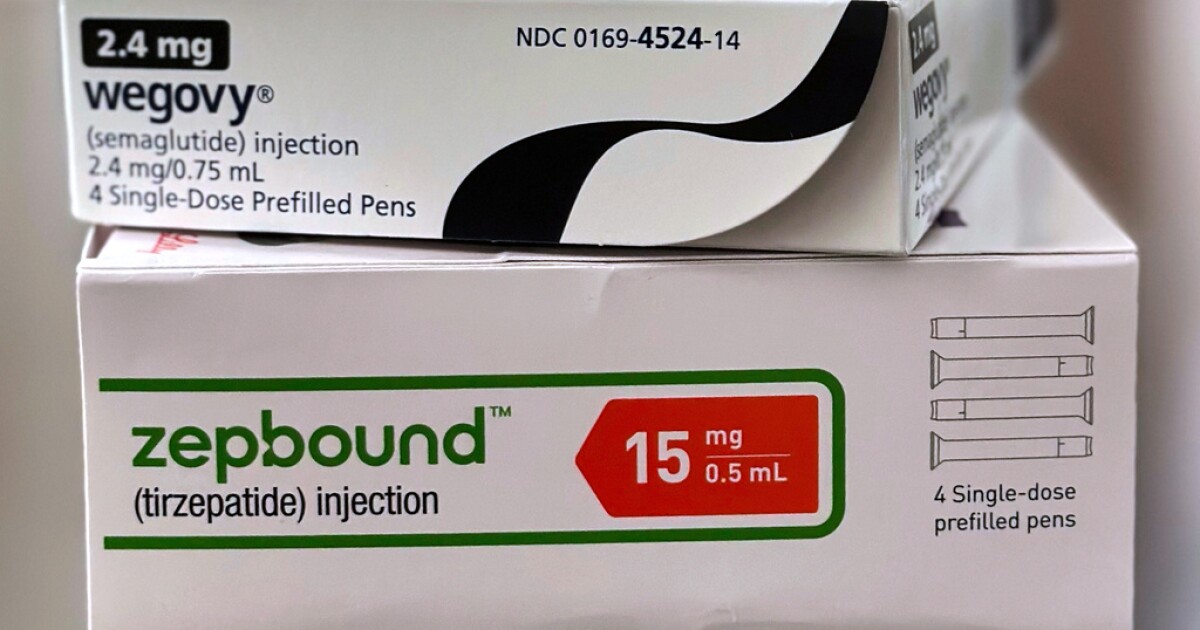As health insurance premiums are set to rise for millions of Americans in less than six weeks, discussions regarding potential reform are intensifying on Capitol Hill. The White House and congressional leaders are exploring a health care reform bill aimed at addressing the escalating costs associated with insurance premiums, particularly those linked to the Affordable Care Act (ACA) marketplace.
Congress Faces Pressure Over Health Care Costs
The urgency for reform is underscored by a recent survey conducted by Scripps News and Talker Research, which revealed that one in four Americans consider health care their top concern. An October poll by the AP/NORC indicated that approximately 60% of Americans are “extremely” or “very” worried about rising health care costs in the coming year. With control of the House, Senate, and the White House resting with the Republicans, the path to new health care policy hinges on bipartisan discussions.
A significant aspect of the current debate revolves around a promise made by the Senate to vote on expiring ACA subsidies as part of an agreement to reopen the government in November. This vote could serve as a catalyst for a broader discussion on health care reform.
Proposals from Both Sides of the Aisle
One key figure in this legislative process is Republican Senator Bill Cassidy of Louisiana, who, as a medical doctor, brings a unique perspective to the issue. During recent discussions, Sen. Cassidy emphasized the need for innovative approaches rather than relying solely on government funding. “We have got to be more creative than the federal government throwing money at it,” he stated on the Senate floor.
Sen. Cassidy’s proposal diverges from the Democratic approach, which advocates for extending the ACA subsidies with billions of taxpayer dollars. Instead, Cassidy suggests reallocating these funds to health care flexible spending accounts, empowering consumers to manage their health care expenses. “It goes to an account that she controls that she can spend on her physician, her dental care, her prescriptions,” he explained, highlighting the need to “empower” individuals in their health care decisions.
He has indicated that he is collaborating with the White House on drafting legislation and believes a vote could occur before the end of the year. Former President Donald Trump previously endorsed a similar concept, asserting that taxpayer funds should be directed to individuals for purchasing their own health care.
Despite these discussions, many Democrats are skeptical about the feasibility of passing such legislation before the impending premium increases in January. Democratic Senator Jeanne Shaheen of New Hampshire, a pivotal player in these negotiations, is advocating for an extension of existing ACA subsidies. Shaheen has shown a willingness to consider new income limits as part of a compromise, stating, “I am 100% committed to getting this done” during a recent press conference.
As the deadline approaches and the stakes rise, the outcome of these negotiations may significantly influence the health care landscape for millions of Americans. With bipartisan efforts underway, the focus remains on finding a solution that addresses rising premiums while ensuring access to affordable health care.







